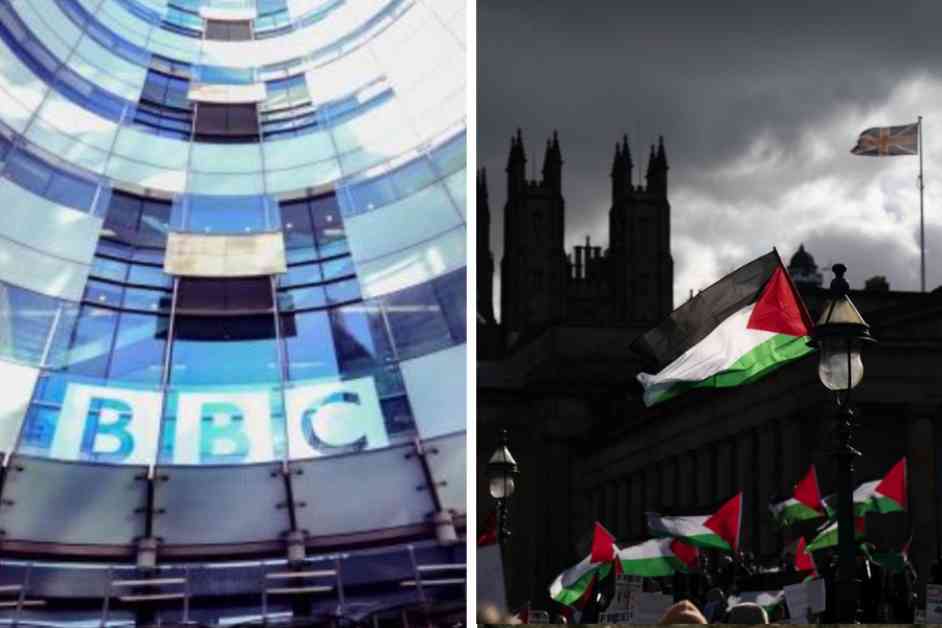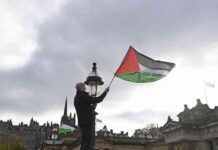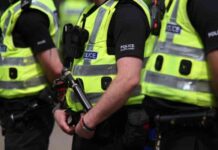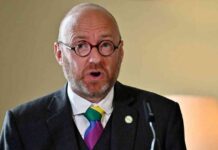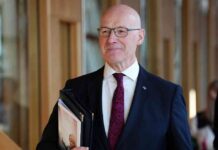Met Police Under Fire for Banning Palestine March
Pressure is mounting on the Metropolitan Police as they face backlash over their decision to ban a pro-Palestine protest scheduled to take place outside the BBC’s headquarters. The Palestine Solidarity Campaign (PSC) had organized the demonstration, initially approved in November but later revoked by the police citing concerns about causing disruption to a nearby synagogue.
Support from Diverse Backgrounds
In response to the ban, over 800 British Jewish campaigners, including notable figures like actress Miriam Margolyes, have signed an open letter urging the Met Police to reconsider. Holocaust survivors and their descendants have also voiced their support for the march, emphasizing the importance of standing in solidarity with Palestine.
Activists from the PSC remain resolute in their determination to proceed with the protest despite mounting pressure. The demonstration aims to address concerns regarding the BBC’s coverage of Gaza, with Ben Jamal, director of the PSC, accusing the broadcaster of complicity in Israel’s actions, resulting in the deaths of thousands of Palestinians.
Call for Peaceful Protest
The PSC has called on individuals to join the march outside Whitehall at 12 pm on Saturday, marching towards the BBC headquarters. They have also requested a meeting with the Met Police to ensure a peaceful and orderly demonstration. While the police have cited concerns about disrupting Shabbat services at the nearby synagogue, protesters argue that there are no legitimate grounds for impeding their right to march and protest.
Dialogue and Resolution
The Met Police defended their decision, emphasizing the need to prevent disruption near the synagogue but expressed willingness to work with organizers to find alternative solutions. They clarified that the conditions imposed were not a complete ban on the protest and offered to explore options for holding the demonstration on different days to avoid conflicts with religious services.
As tensions escalate between the police, activists, and supporters of the pro-Palestine movement, the debate surrounding freedom of expression, peaceful protest, and media accountability continues to unfold. The intersection of political, cultural, and humanitarian considerations underscores the complexities of navigating such sensitive issues in a diverse and interconnected society.
